When it comes to gaming, December is usually a month of reflection. It’s the time many gamers set aside to look back upon the year and figure out which of its games were the most outstanding. It’s not an easy decision this year, as there are plenty of incredible titles to choose from. For some, the game of the year award will go to Red Dead Redemption II; for others, Celeste is the obvious choice. In this reviewer’s opinion, God of War takes the crown. However, it must not be forgotten that December has its own share of releases too, and some of them deserve just as much praise, even if they don’t exactly compare in the traditional sense. Nomada Studio’s GRIS is one of these.
As the developers put it, Gris is a young girl lost in a world of her own creation as she works through a painful experience in her life. This is stated explicitly in the game’s pre-launch media, but is only implied by the game itself. In fact, there isn’t so much as a single line of dialogue or exposition present in the game; its story is conveyed entirely through context. Gris’ situation, mental state, growth and personality are all conveyed through her expressions, actions, and the general state of the world. Contextual storytelling like this often proves difficult to do well even with small amounts of dialogue and flavor text to supplement it, but not only does GRIS pull it off, it does so beautifully. Actually, if one were to try and sum up GRIS in a single word, “beautiful” wouldn’t be very far off the mark.
There is beauty to be found in just about every aspect of GRIS. Its surreal world has the quality of a beautiful dream. It’s an impossible place of winding structures, watercolor splotch clouds, inky rains, hermit-rocks, square apples, and transparent flowers that bloom in response to song. All of it following its own internal logic and giving-off the whimsical vibe that normally only exists in the unconscious world. All of it is complimented, or rather enabled, by a combined aesthetic of hand-drawn illustration and watercolor painting. GRIS is truly a wonderful sight to behold, but its spell is only completed through the addition of its music.
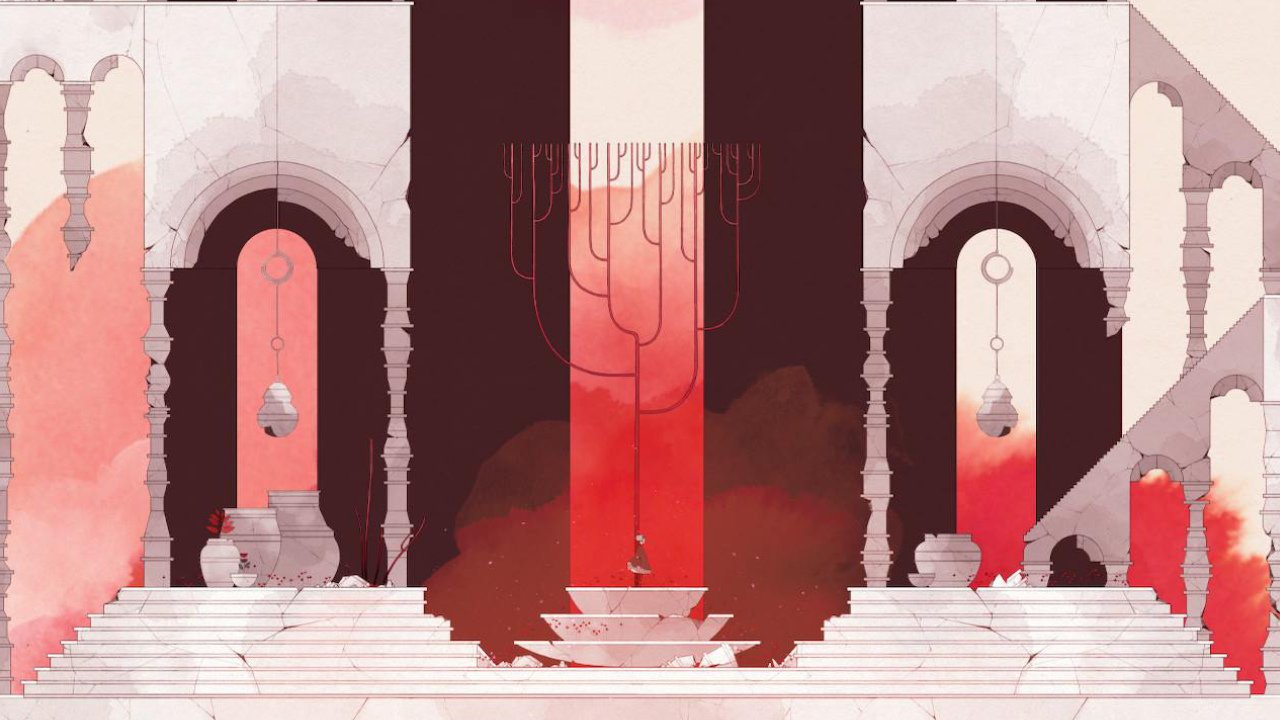
At its peak moments, the score of GRIS has a haunting quality to it. It’s the kind of music that sticks with a person long after they stop playing. When it’s combined with GRIS’ visuals though, the product is thoroughly enrapturing. This game’s key moments don’t just hold one’s attention; they pierce right to the core and then move it. Between these moments, the music’s more toned-down and gentle qualities shine through. These portions of music tend to have the effect of lulling one into the in-game atmosphere, inspiring everything from tension to peaceful feelings in response to it. It’s all the moving power of strong music and gorgeous artwork combined and enhanced by its function as a game.
GRIS certainly could still work as something passively observed, but I’m convinced that much of its strength comes from the connection its gameplay establishes with the player. One isn’t just observing Gris as she works her way through pain and sorrow, they’re working with her. Gameplay mostly revolves around finding the way forward through Gris’ world. Sometimes it’s a matter of simply walking in a straight line, but more and more it becomes a matter of putting Gris’ emotional developments to use in a way that creates a path forward.
See, as Gris progresses along her journey, she gains new abilities that manifest through her dress. At the push of a button, it can become a crushingly-heavy weight, a cape that’s lighter than air, or even a foil capable of gracefully gliding through water. These abilities must be used more and more creatively as the game wears on, but the puzzle-solving never reaches the point of becoming frustratingly-cryptic. All that’s asked of the player is a little bit of observation and remembering what each transformation does. Some more advanced puzzles might have been nice, but that would’ve run the risk of distracting from the main point. Overall, it’s just enough to keep a player moving forward without becoming bored.
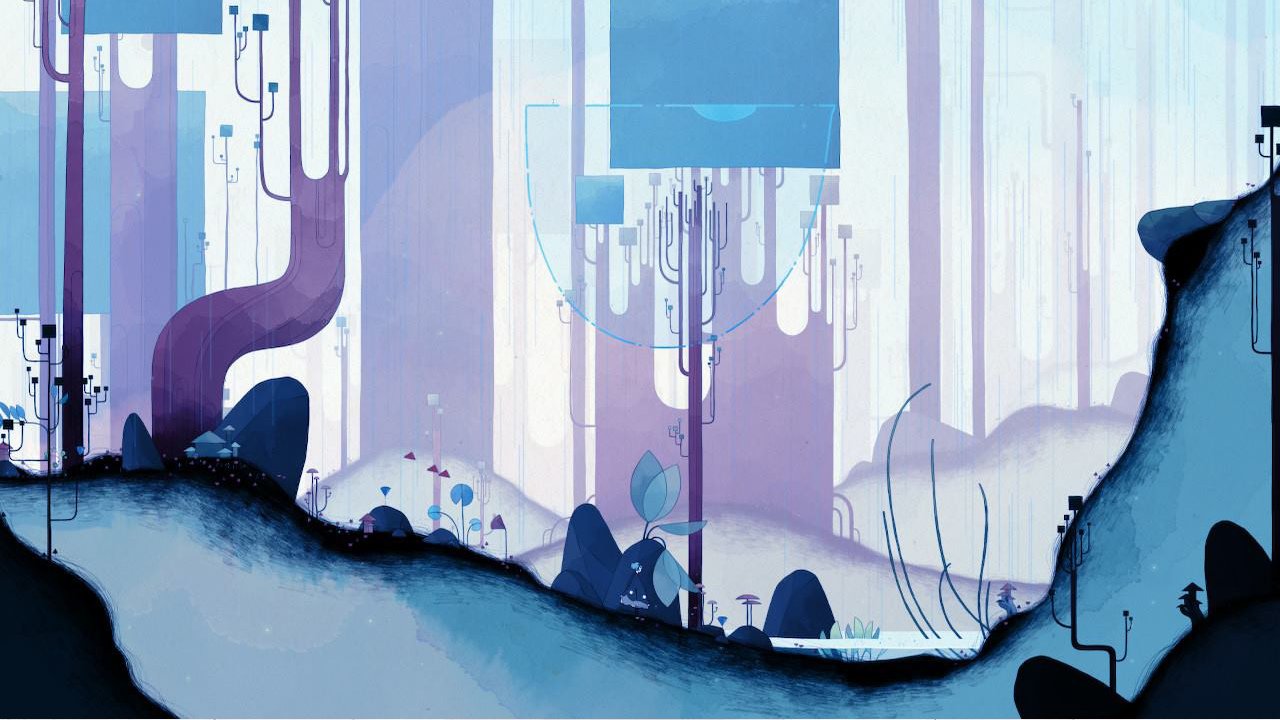
The Verdict
In terms of pure gameplay and fun-factor, GRIS doesn’t quite measure up against the likes of Celeste or God of War. While engaging, GRIS doesn’t reach the same level of gameplay depth as its peers, and it’s three hour or so runtime is a little on the short side. However, Nomada Studio has absolutely crafted what I feel is an essential gaming experience. The art and music of GRIS moved me in a way that previously thought impossible for a video game, and its gameplay is what kept me invested enough for that to happen. While it’s not “fun” in the same way that most games are, GRIS is nonetheless enjoyable as an incredibly beautiful and powerful experience.


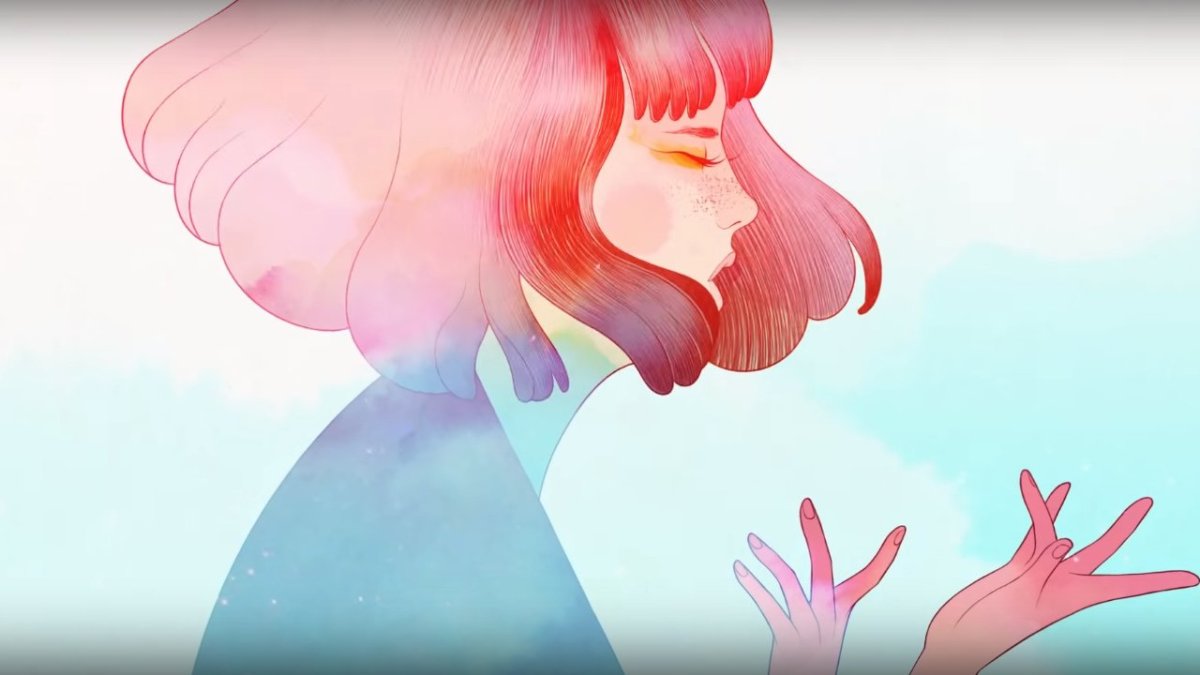

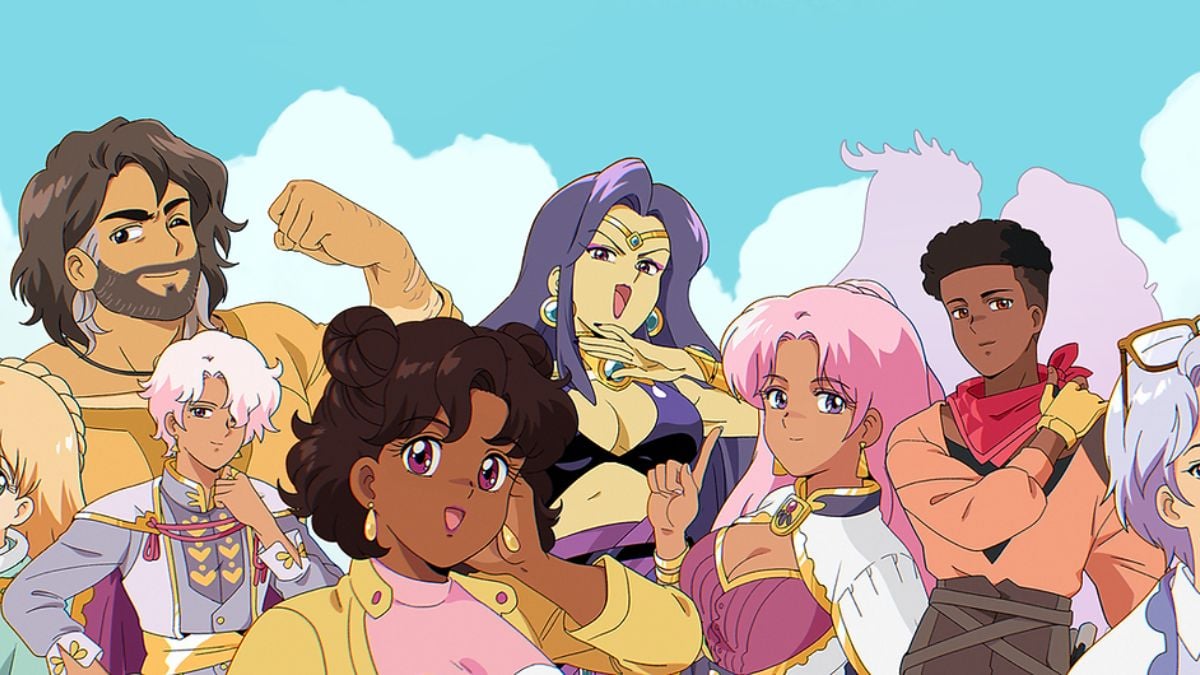
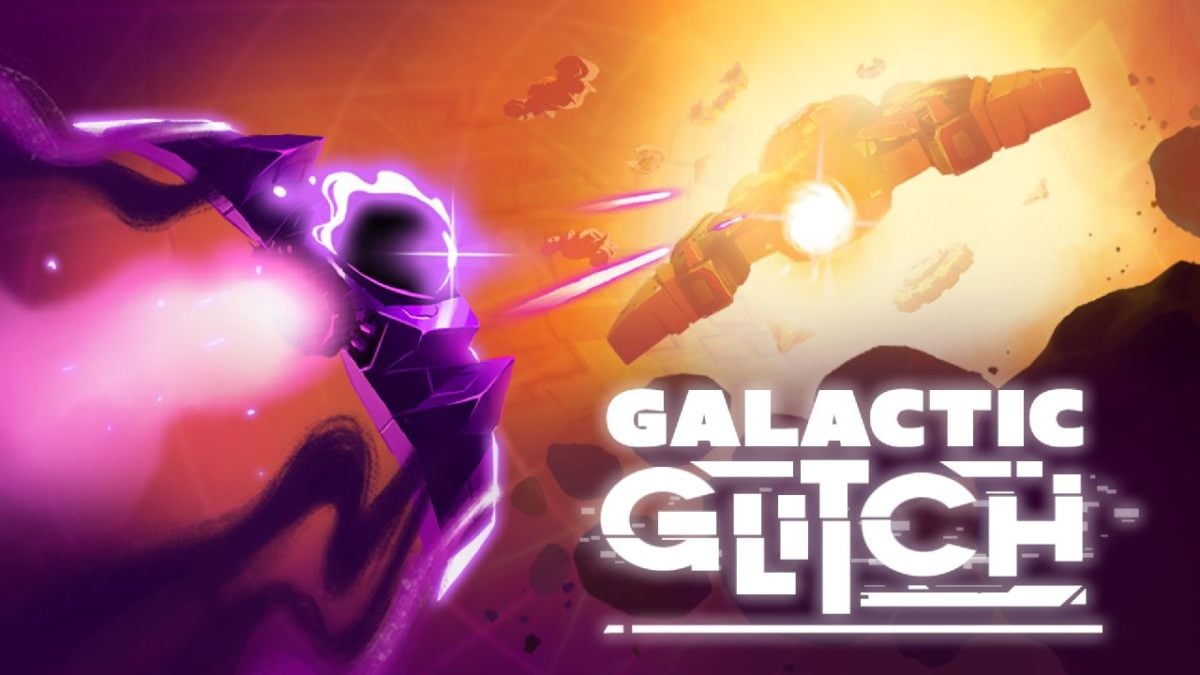
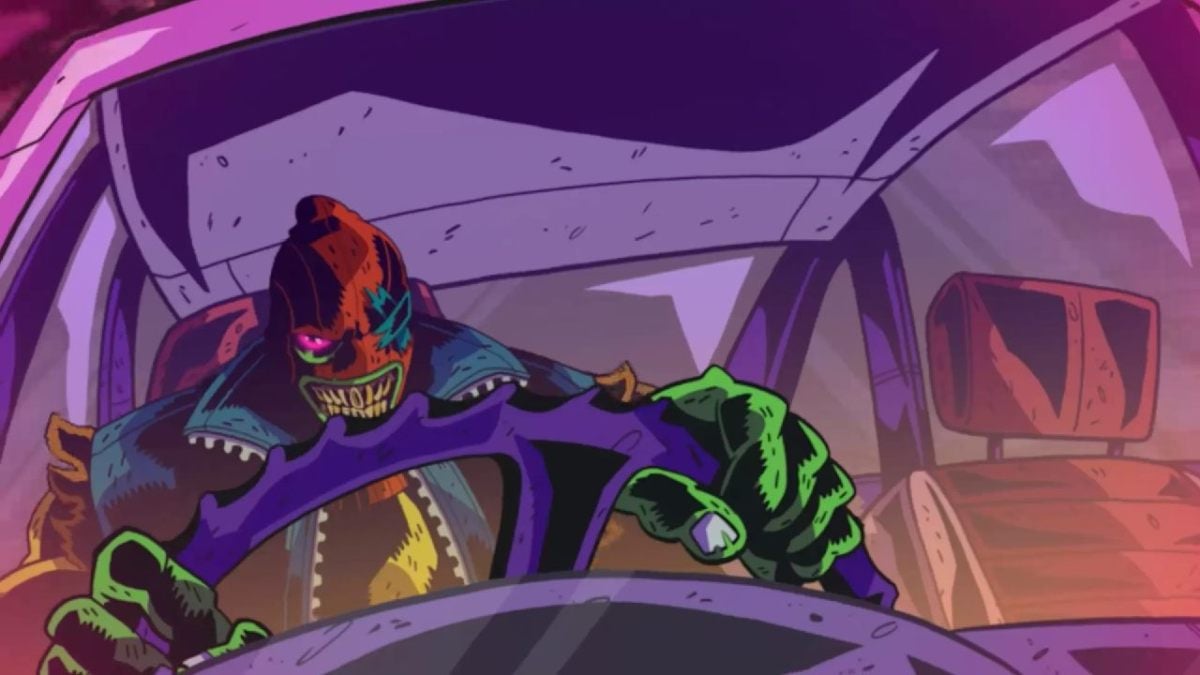

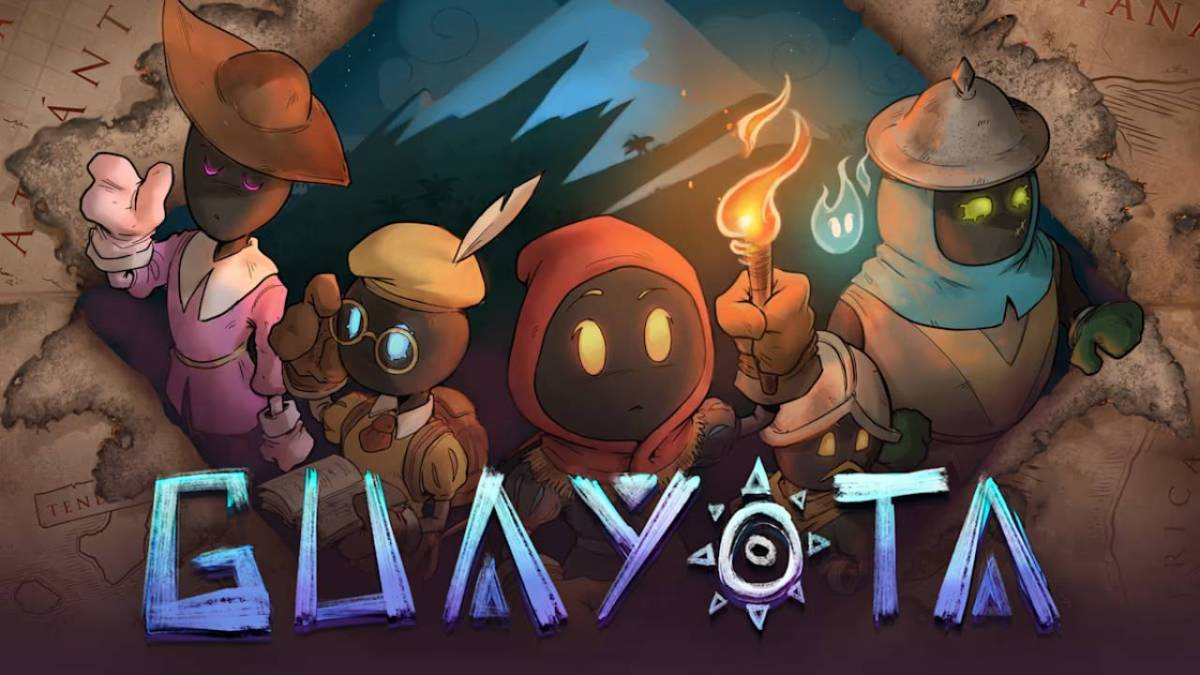

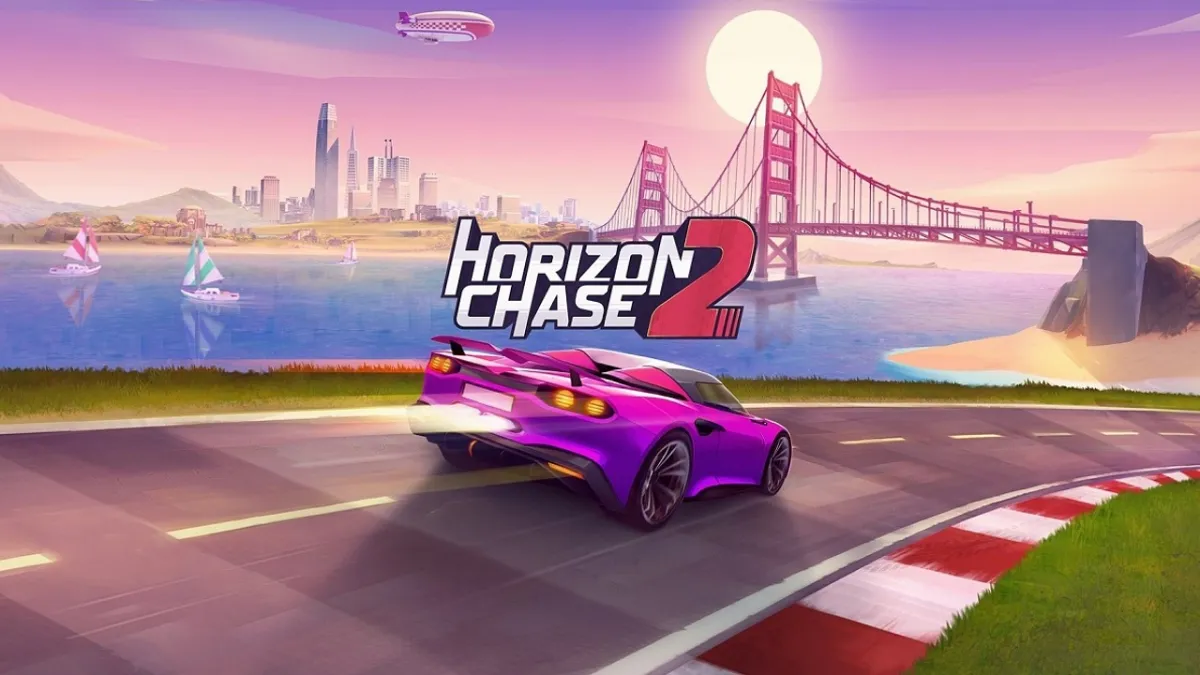
Published: Dec 18, 2018 07:03 pm